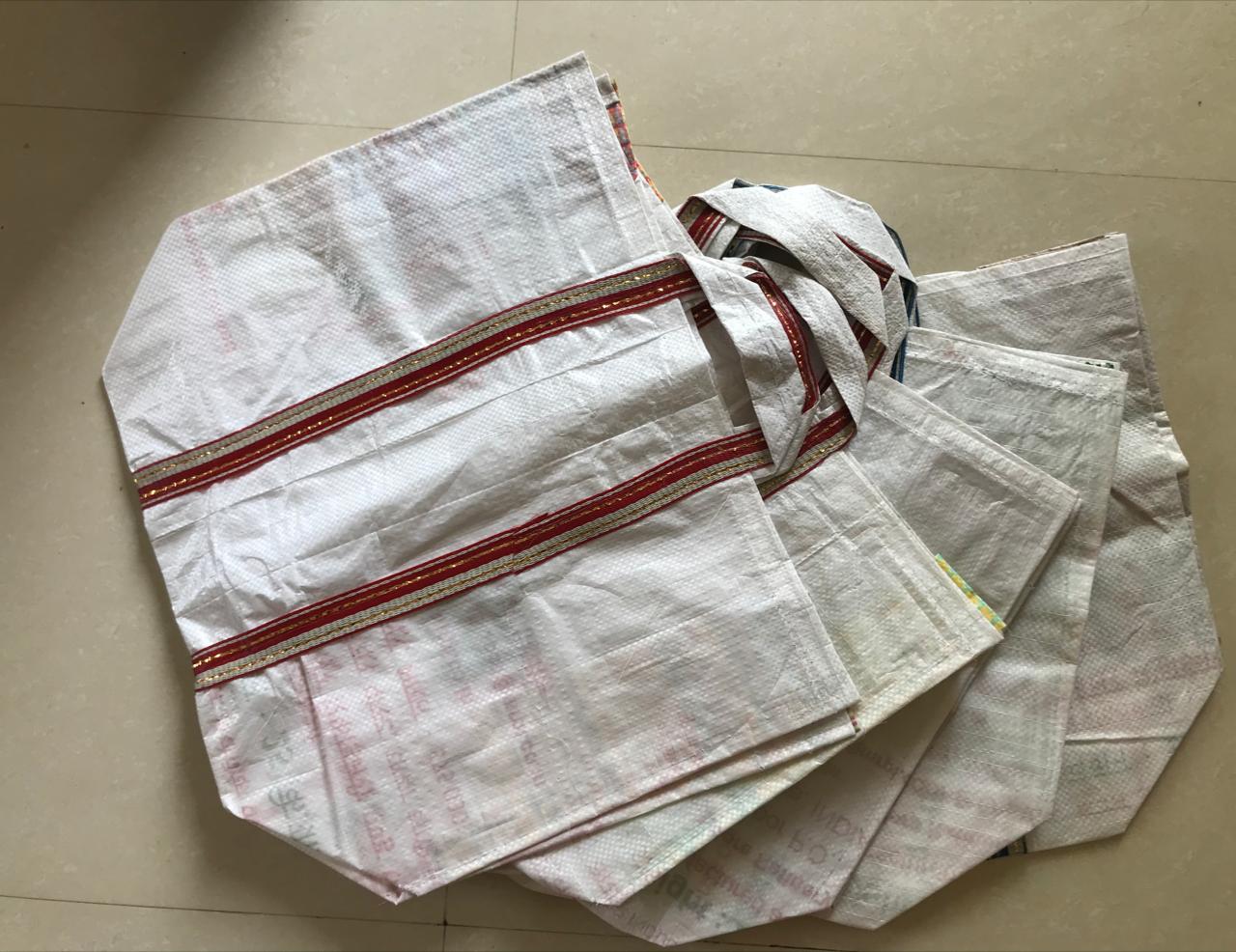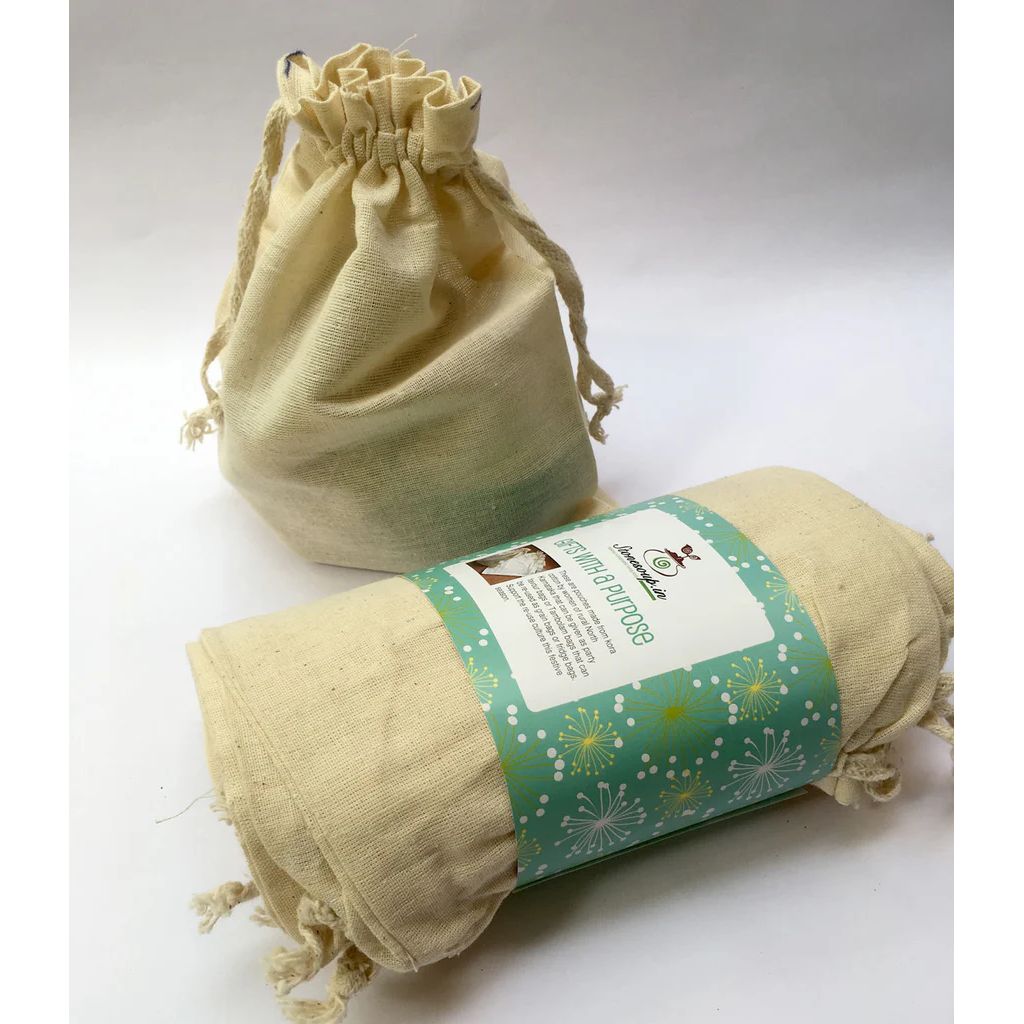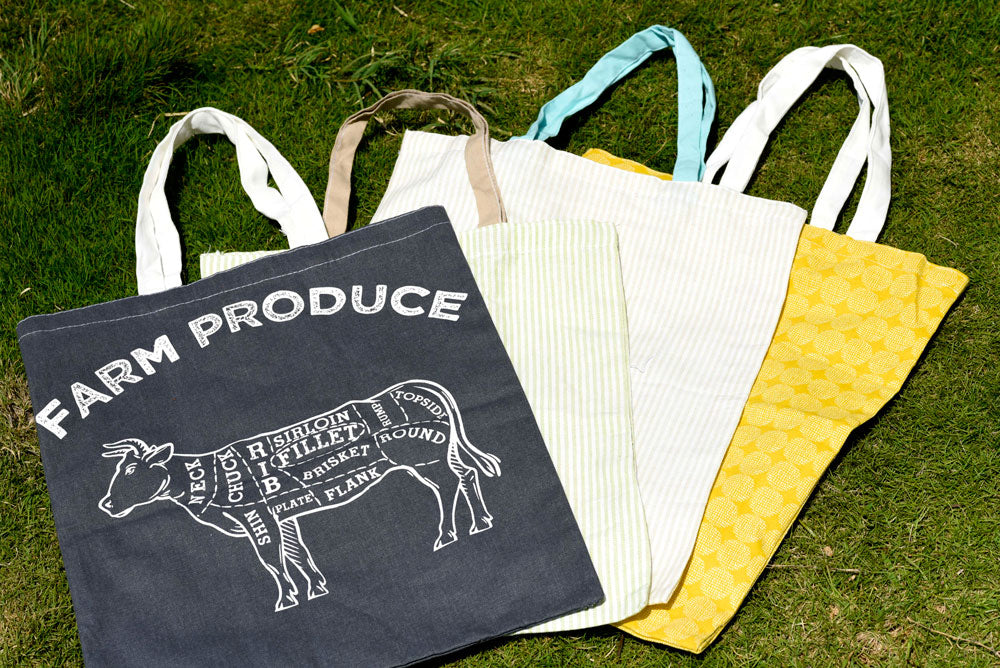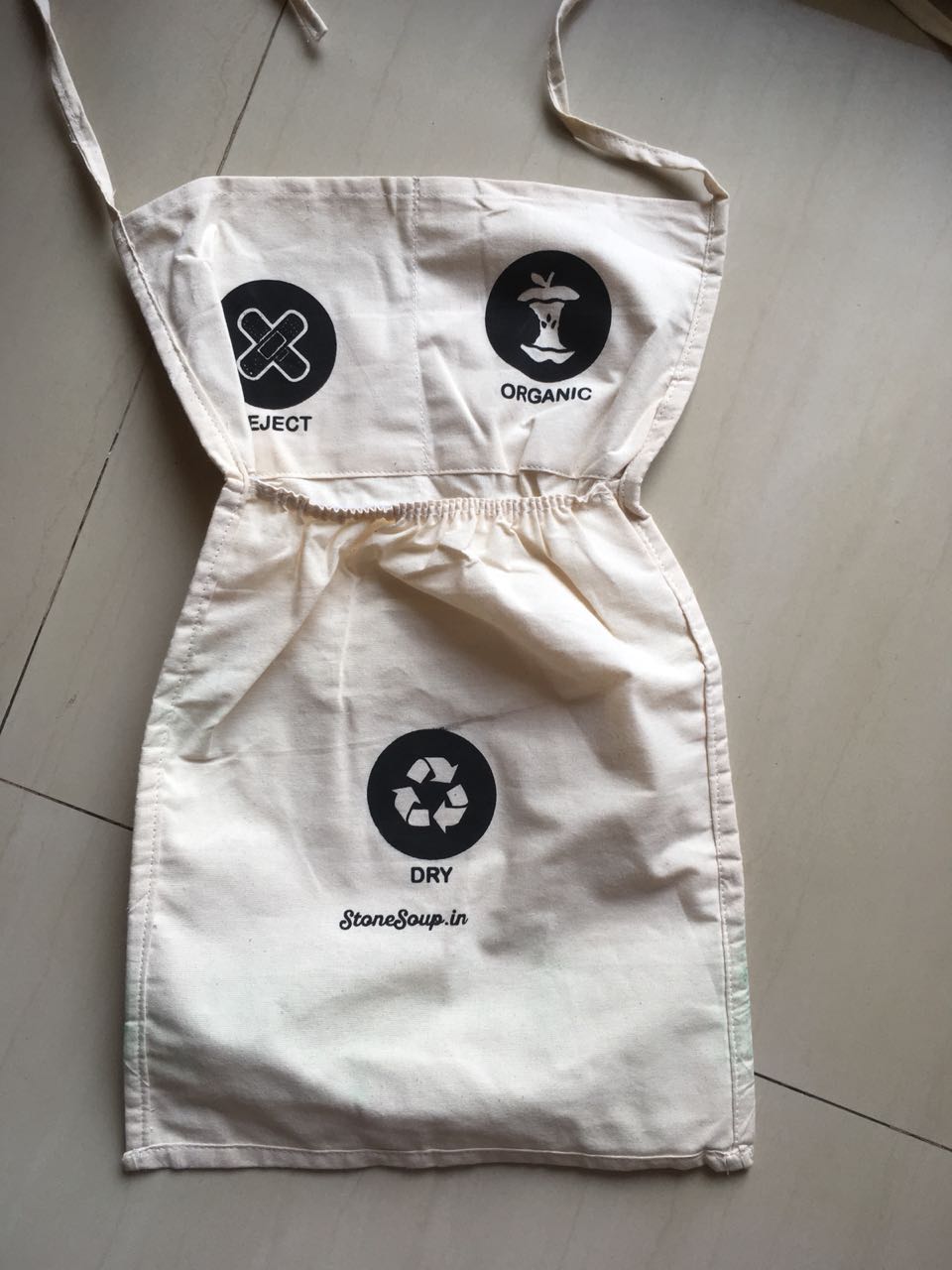Reusable sanitary pads are a great way to go green. It ensures that your body remains clean and maintains hygiene. It is also pocket-friendly. The general opinion is that cleaning reusable sanitary pads is a difficult task. But the truth is once you get a hang of it, it is a lot easier.
How to wash reusable pads by hand:
Clean the reusable sanitary pads with the following steps
Prewashing: Before the first use, prewash your reusable sanitary pads. The fabric material of the reusable sanitary pads is such that the absorbency will increase with washing and will attain the maximum absorbency after about five washes. Prewashing also has an advantage wherein the reusable sanitary pads will fluff up thus making it more effective for regular use.
Storing to prevent stains: If you are outdoors for a few hours or out at work, and you would want to consider changing the sanitary pads, they can be folded such that the soiled part is placed in the middle. Use the buttons on the flap to lock it and then store it in a leak-proof bag or ziplock cover. Keep it in your bag and bring it back home to be washed.
You could order reusable sanitary pads online at an affordable price on StoneSoup Shop
Soaking before wash: It is essential to soak after use, to prevent stains. As prevention is always better than cure, it is highly recommended to wet the pad and rinse the menstrual flow off the cloth pads in running cold water, than allowing the menstrual flow to dry up and cause stains. Immediate rinsing is most preferred as it avoids the growth of microorganisms; thereby, preventing any skin infections, and allergic reactions. The rinsed cloth pads need to be soaked in cold water for at least 30 minutes and then hand washed or machine washed.
Washing: Most reusable pads have care labels and could have wash instructions to be followed; however, it is suggested to wash at a maximum of 40-degree temperature. Washing powder would be rather preferred when compared to liquid detergents.
Avoid using any fabric softeners as they could prove to be harsh on the reusable pad fabric.
Reusable pads could be washed with the household laundry clothes only after they are thoroughly rinsed and stain-free. Do not use laundry softeners as their use will decrease the absorbency, in the long run leaving a residue on the fabrics.
Drying: Ideally, drying your pads in the open fresh air or sun drying will help to keep your pads in better condition and prevent bad odor. Reusable cloth sanitary pads are designed to be more environmentally friendly. Most reusable pads will easily dry overnight. Quicker in open air or sunlight. Some pads can be tumble-dried in a drier on a low heat setting; however, this could be best avoided. Tumble dry will shrink the material and there are chances of fabric damage as it could remove the fibers that form the fluff in the filter.
If you take good care of your reusable sanitary pads they will remain in good condition and can last for up to four years.
StoneSoup Shop provides hassle-free, convenient solutions for sustainable menstrual care.




